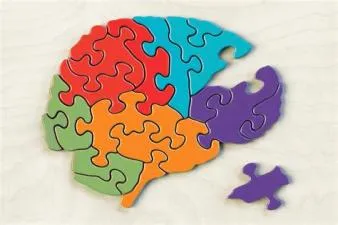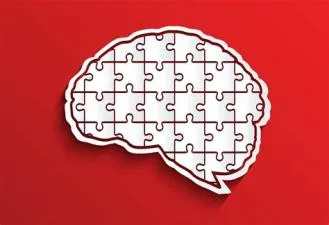What effect do puzzles have on the brain?

Are puzzles good for the brain?
Working on a puzzle reinforces connections between brain cells, improves mental speed and is an effective way to improve short-term memory. Puzzles increase the production of dopamine, a chemical that regulates mood, memory, and concentration. Dopamine is released with every success as we solve the puzzle.
2023-09-26 22:08:53
Can puzzles train your brain?
"Unfortunately, there's really no conclusive evidence supporting that word games and puzzles benefit the brain over time," says Dr. Tanu Garg, a neurologist at Houston Methodist
Houston Methodist
Houston Methodist Hospital is a not-for-profit, faith-based, 907-bed hospital located in the Texas Medical Center. For nearly 100 years, we've been providing highly specialized health care services to our community and the world through our hospital and our six Centers of Excellence.
https://www.houstonmethodist.org › 1692_locations_about
About | Houston Methodist Hospital | Texas Medical Center
. For instance, studies haven't shown that they help prevent memory loss or reduce the risk of developing dementia.
2023-09-21 04:06:05
Are puzzles good for my brain?
Working on a puzzle reinforces connections between brain cells, improves mental speed and is an effective way to improve short-term memory. Puzzles increase the production of dopamine, a chemical that regulates mood, memory, and concentration. Dopamine is released with every success as we solve the puzzle.
2023-09-17 22:16:42
Is puzzling good for the brain?
Working on a puzzle reinforces connections between brain cells, improves mental speed and is an effective way to improve short-term memory. Puzzles increase the production of dopamine, a chemical that regulates mood, memory, and concentration. Dopamine is released with every success as we solve the puzzle.
2023-06-06 11:37:35
- tanjiro dad demon form
- mario kart countdown
- red dead online free gold code
- what apps can i watch harry potter on
- yorichi type zero
- second puberty in 20s
- call of duty vanguard issues
- Recommended Next Q/A:
- Who runs sword?



